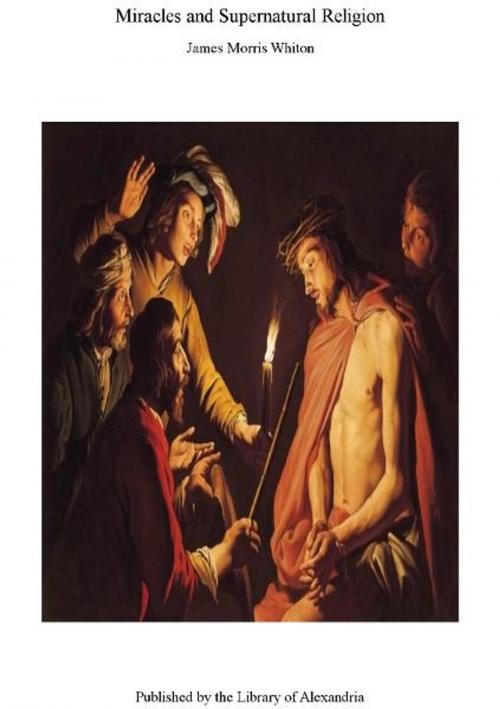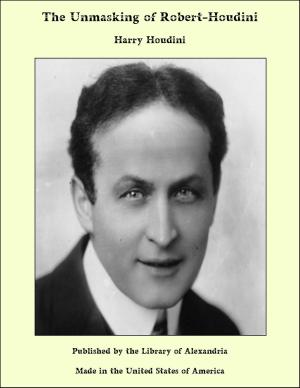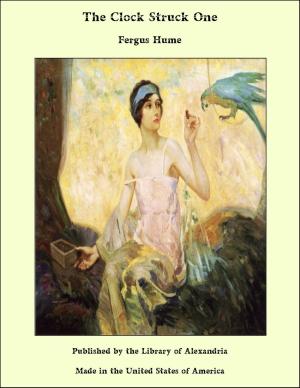Miracles and Supernatural Religion
Nonfiction, Religion & Spirituality, New Age, History, Fiction & Literature| Author: | James Morris Whiton | ISBN: | 9781465514240 |
| Publisher: | Library of Alexandria | Publication: | March 8, 2015 |
| Imprint: | Language: | English |
| Author: | James Morris Whiton |
| ISBN: | 9781465514240 |
| Publisher: | Library of Alexandria |
| Publication: | March 8, 2015 |
| Imprint: | |
| Language: | English |
In a historical retrospect greater and more revolutionary changes are seen to have occurred during the nineteenth century than in any century preceding. In these changes no department of thought and activity has failed to share, and theological thought has been quite as much affected as scientific or ethical. Especially remarkable is the changed front of Christian theologians toward miracles, their distinctly lowered estimate of the significance of miracle, their antipodal reverse of the long established treatment of miracles. Referring to this a British evangelical writer observes that "the intelligent believer of our own day, ... instead of accepting Christianity on the ground of the miracles, accepts it in spite of the miracles. Whether he admits these miracles, or rejects them, his attitude toward them is toward difficulties, not helps."
In a historical retrospect greater and more revolutionary changes are seen to have occurred during the nineteenth century than in any century preceding. In these changes no department of thought and activity has failed to share, and theological thought has been quite as much affected as scientific or ethical. Especially remarkable is the changed front of Christian theologians toward miracles, their distinctly lowered estimate of the significance of miracle, their antipodal reverse of the long established treatment of miracles. Referring to this a British evangelical writer observes that "the intelligent believer of our own day, ... instead of accepting Christianity on the ground of the miracles, accepts it in spite of the miracles. Whether he admits these miracles, or rejects them, his attitude toward them is toward difficulties, not helps."















